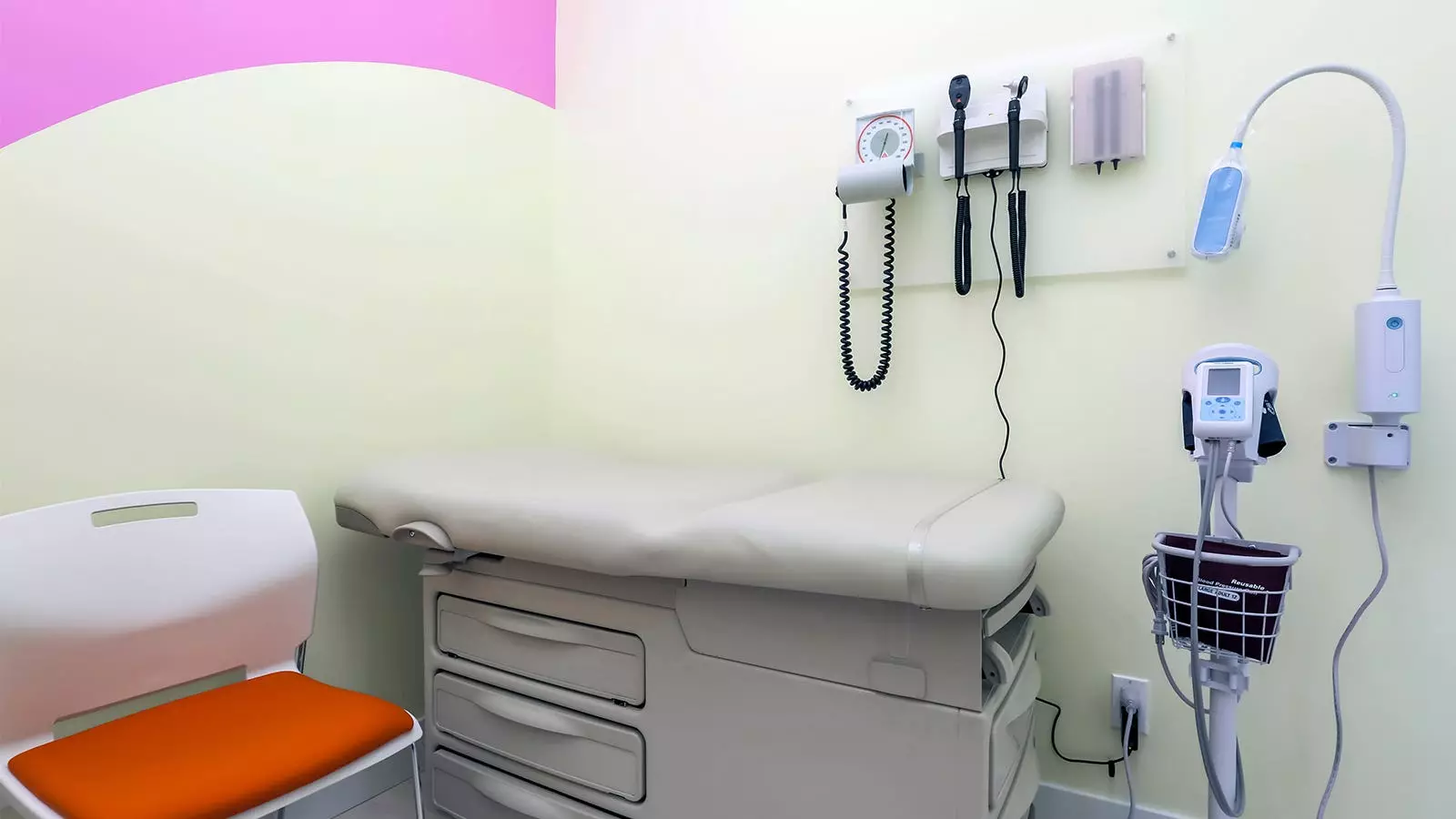In the ever-evolving landscape of healthcare, the doctor-patient relationship faces unique challenges, primarily due to the increasing emphasis on “quality measures.” These benchmarks, which are often determined by insurance companies, have begun to dominate how physicians conduct patient visits. Each appointment now resembles a mechanical process, where physicians are often relegated to performing checklists instead of engaging in meaningful dialogue with their patients.
The Rise of Quality Measures: An Impersonal Approach to Healthcare
The implementation of quality measures has transformed the clinical environment into a structured setting, often at the expense of personal interaction. As doctors enter examination rooms, they are frequently greeted by an array of digital reminders prompting them to check off items like vaccinations or screenings for mental health issues. While health insurance providers argue that these measures ensure a high standard of care, the reality is much more complicated. Patients become mere data points as physicians focus on fulfilling the requirements instead of addressing individual concerns. This reductionist approach not only undermines the essence of medical practice but can also lead to significant oversights in patient care.
Doctors are burdened by the weight of these measures; there are currently 788 implemented by the Centers for Medicare & Medicaid Services (CMS). This overwhelming landscape leads many physicians to adopt a transactional mindset. Even simple, open-ended inquiries about a patient’s well-being become overshadowed by the urgency to meet these metrics. Questions like, “How are you coping these days?” or “Do you have any pressing health concerns?” are often overlooked. This neglect is problematic, as such inquiries are crucial for establishing trust and understanding the nuanced realities of a patient’s life.
The doctor’s office should not become a sterile environment where human interaction is sidelined. When physicians fail to connect with patients on a personal level, significant health concerns may be left unaddressed. Conversations about sensitive issues, such as mental health struggles or domestic violence, may not arise in a cluttered environment focused on checkboxes rather than compassionate care.
Despite technological advancements like Electronic Health Records (EHR) that promise efficiency, they often distract from the core purpose of healthcare, which is to nurture and protect patients. Many physicians struggle with the mechanical nature of data entry that invades their interactions with patients, illustrating that while technology aims to streamline tasks, it might inadvertently hinder authentic engagement.
Redefining a Collaborative Approach
Finding a balance between quality measures and compassionate healthcare is essential. A promising solution could lie in reimagining how these measures are integrated into patient visits. Instead of doctors being the sole point of contact for these quality checks, support staff could play a pivotal role in preparing patients beforehand. By reaching out through emails or messages to order screenings or discuss health goals, healthcare institutions can relieve doctors of the burden during appointments, allowing them more time for genuine conversations.
Furthermore, a fundamental shift in how healthcare providers are compensated may encourage a more holistic approach to patient care. Currently, physicians are often paid based on the volume of services they provide, which perpetuates a system favoring quantity over quality. Transitioning to a model that compensates physicians based on comprehensive assessments of a patient’s health needs could empower doctors to focus more on providing personalized, attentive care, rather than rushing to tick off quality measures.
Insurance companies, including major government programs like Medicare and Medicaid, must also play an integral role in reshaping healthcare delivery. By recognizing the qualitative aspects of care—such as empathy, communication skills, and the capacity for clinical problem-solving—payers can encourage a more collaborative relationship between physicians and patients. A focus on holistic care, rather than fragmented checklists, paves the way toward a system that values patient experience over impersonal data collection.
Doctors possess the expertise and empathy necessary to foster strong therapeutic alliances with their patients; however, external pressures must be alleviated to reclaim this vital aspect of healthcare. The exam room should be a sacred space, free of distractions that hinder the communication loop.
Reforming the interaction between quality measures and compassionate care is not just an administrative adjustment; it is a foundational shift that can transform the future of medicine. By prioritizing authentic connections and allowing the human aspect of healthcare to thrive, we can hope to see substantial improvements in patient outcomes and satisfaction—a goal worthy of aspiring to in the practice of medicine.



Leave a Reply